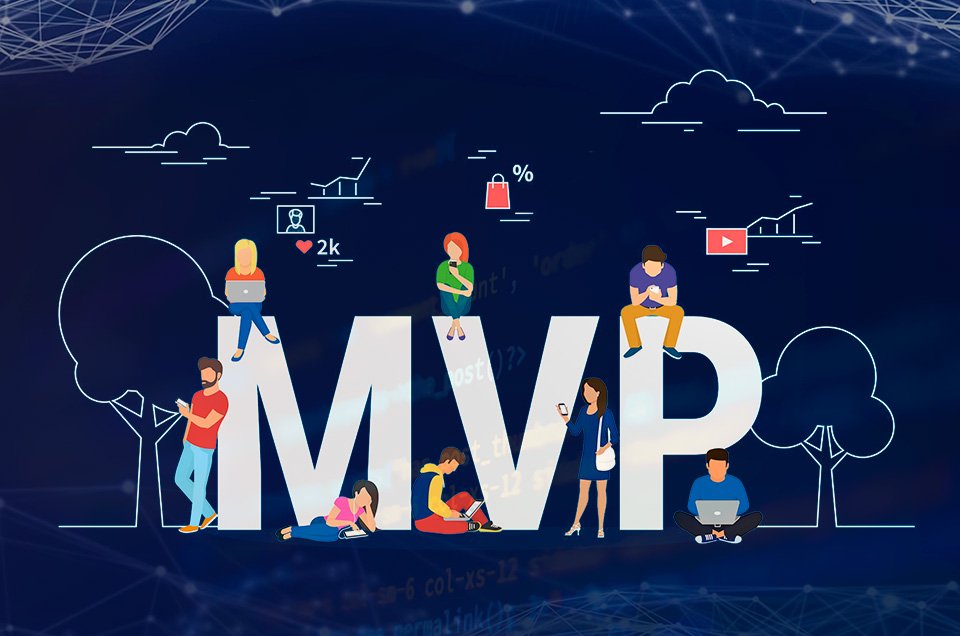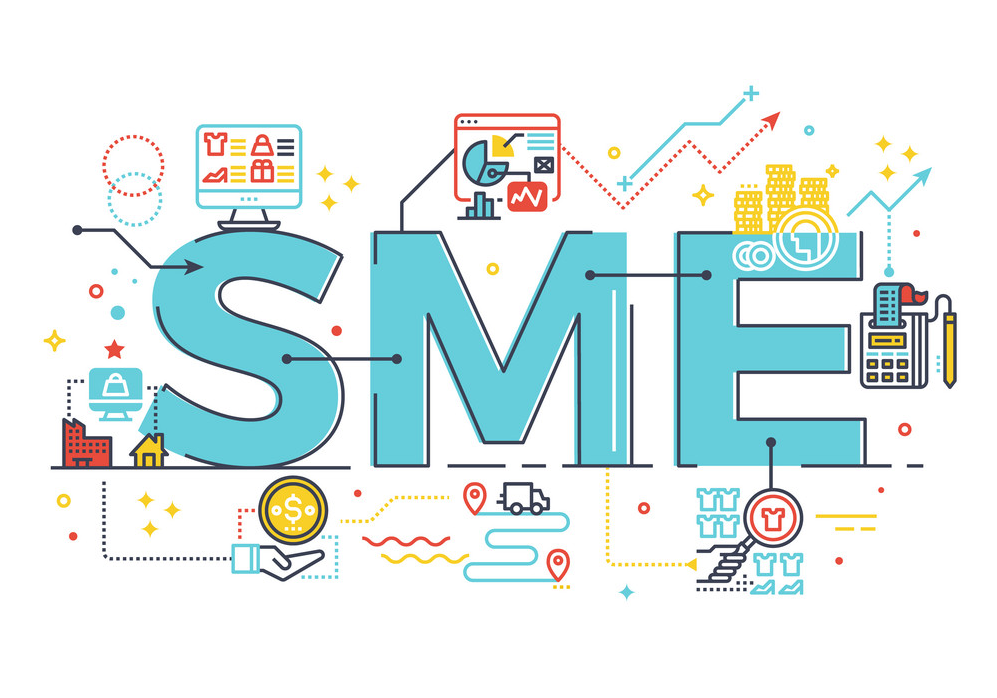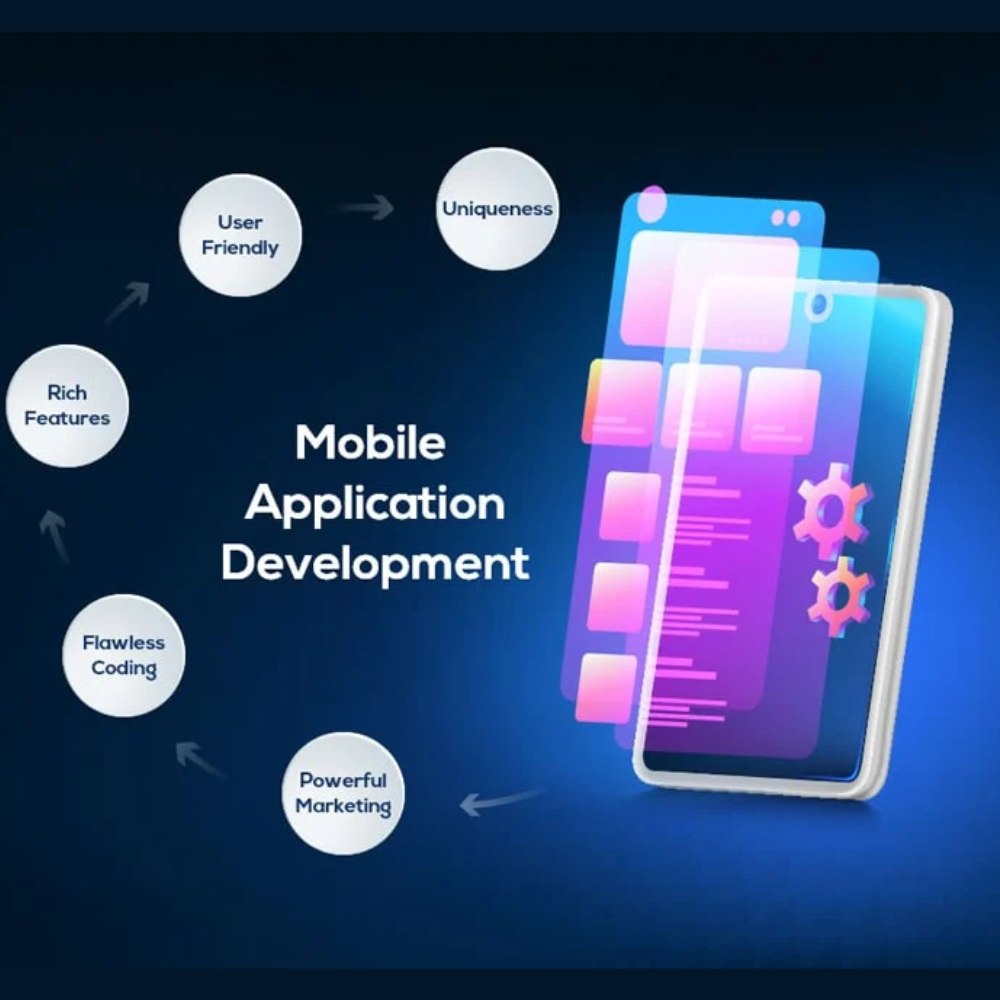As technology continues to reshape industries, supply chains are undergoing a powerful shift toward intelligence and automation.As competition intensifies and customer expectations rise, automation has emerged as the backbone of modern supply chain transformation. It’s not just about replacing manual labor with machines it’s about creating intelligent, data-driven ecosystems that operate efficiently, adapt quickly, and deliver seamlessly. From AI-powered forecasting to robotic warehouses, automation is redefining how global supply chains plan, produce, and deliver.
The Need for Automation in Supply Chains

Traditional supply chains have long been hindered by manual processes, fragmented communication, and delayed decision-making. These challenges often lead to inefficiencies such as inaccurate inventory levels, delayed deliveries, and rising operational costs. In an era where agility determines success, relying on outdated systems can put even the strongest organizations at risk.
Automation offers a powerful solution by interconnecting every aspect of the supply chain—procurement, manufacturing, logistics, and distribution—through intelligent technologies. It ensures real-time visibility, enhances coordination, and minimizes errors, enabling businesses to stay responsive to market fluctuations. In short, automation turns supply chains from reactive systems into proactive, insight-driven networks
Benefits of Supply Chain Automation
The benefits of automation extend far beyond operational convenience. First and foremost, it brings accuracy and consistency by eliminating human error and standardizing repetitive processes. This precision results in faster operations, better quality control, and reduced costs.
Automation also improves scalability, allowing businesses to expand without being constrained by workforce limitations. Real-time monitoring tools powered by AI and data analytics provide deep insights into production performance, inventory health, and logistics flow—helping decision-makers act faster and smarter. Moreover, automation leads to improved customer experiences by ensuring timely deliveries, better tracking visibility, and fewer disruptions across the value chain.
Ultimately, automation doesn’t just make supply chains more efficient—it makes them more intelligent, resilient, and customer-centric.
Real-World Use Cases of Supply Chain Automation
Automation is revolutionizing real-world operations across industries in profound ways. In inventory management, AI-driven systems continuously monitor stock levels and automatically generate reorders, preventing both shortages and overstocking. In demand forecasting, predictive analytics help organizations anticipate market needs, optimize production, and minimize waste.
In warehousing, robotics and IoT sensors streamline picking, packing, and sorting, reducing manual workload and improving speed. Logistics and transportation are also becoming smarter through automated route optimization, which cuts delivery times, reduces fuel costs, and improves sustainability. Furthermore, supplier management platforms now automate procurement workflows, ensuring transparency, compliance, and smoother communication between global partners.
These use cases highlight how automation transforms the supply chain into a connected ecosystem that runs on precision and intelligence rather than guesswork.
Strategies to Implement Supply Chain Automation
Successfully implementing automation requires a strategic and phased approach. The journey begins by identifying bottlenecks and manual processes that cause inefficiencies. Once gaps are mapped, businesses should adopt cloud-based platforms to centralize data and enhance collaboration across departments and geographies.
Integrating AI, IoT, and machine learning can further empower automation by delivering predictive insights, anomaly detection, and real-time tracking. Equally important is employee training—helping teams understand and embrace the technology ensures smoother adoption and long-term success.
Organizations should start small, automating one or two key processes—such as inventory tracking or order management—and then gradually scale automation across other areas. This approach ensures stability, minimizes disruption, and delivers measurable ROI at every stage.
The Future of Automated Supply Chains
The future belongs to autonomous, self-learning supply chains that continuously optimize themselves through real-time data. As advancements in robotics, blockchain, and AI accelerate, businesses will experience unparalleled visibility, agility, and sustainability in their operations.
In this new era, automation won’t just enhance supply chains—it will redefine them. Companies that invest in smart automation today will lead tomorrow’s markets with speed, reliability, and innovation at their core.
Automation has become the cornerstone of next-generation supply chains. By adopting intelligent systems and data-driven strategies, businesses can streamline operations, cut costs, and build stronger relationships with their customers. The shift toward automation is not a choice—it’s an evolution that defines business success in the digital age.
At UXDLAB, we empower enterprises to build automated, AI-driven supply chain solutions tailored to their goals. From intelligent app development to process optimization and predictive analytics, we help organizations scale smarter and operate seamlessly.
Transform your supply chain with UXDLAB—where innovation meets precision.































































































































